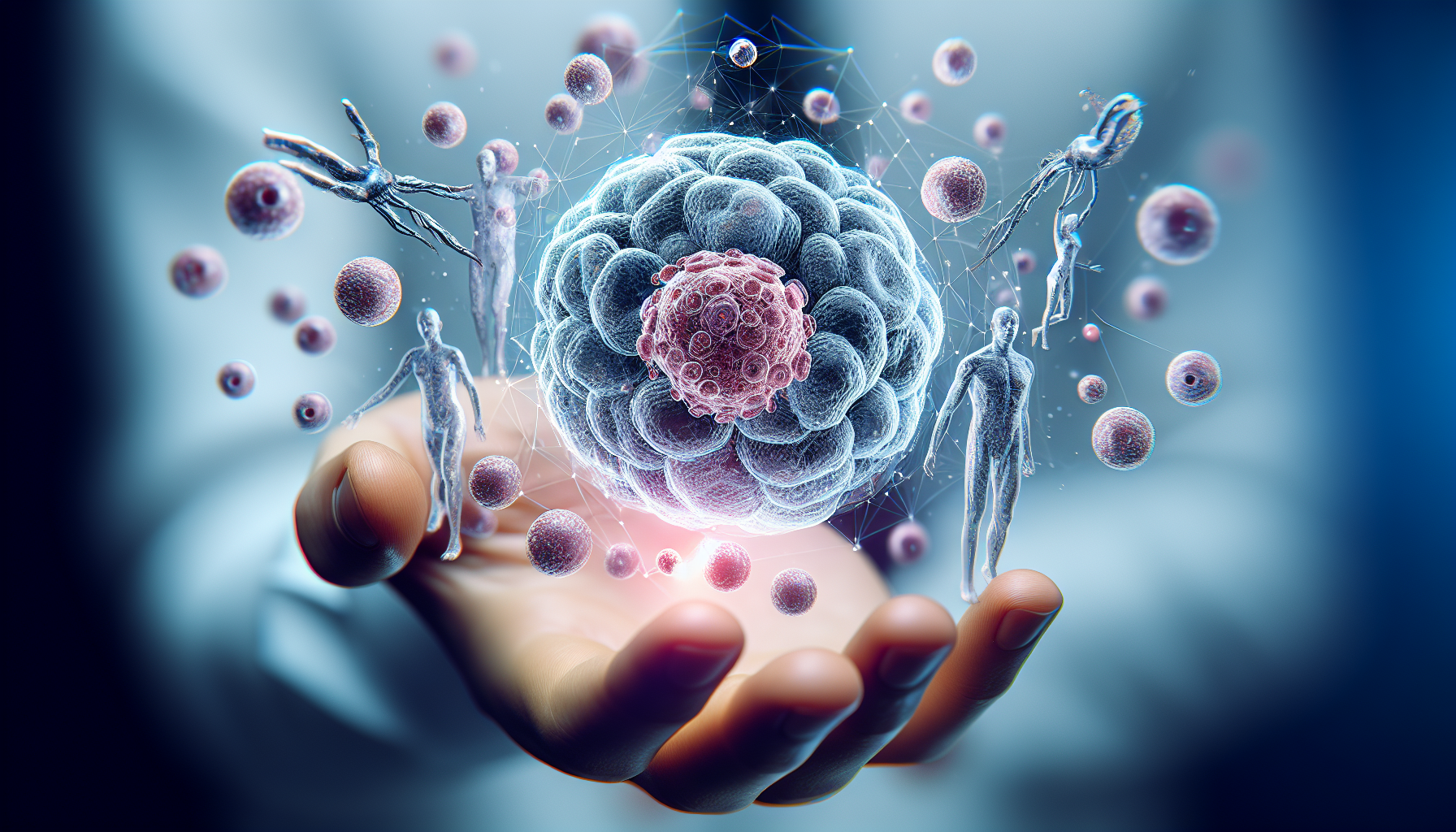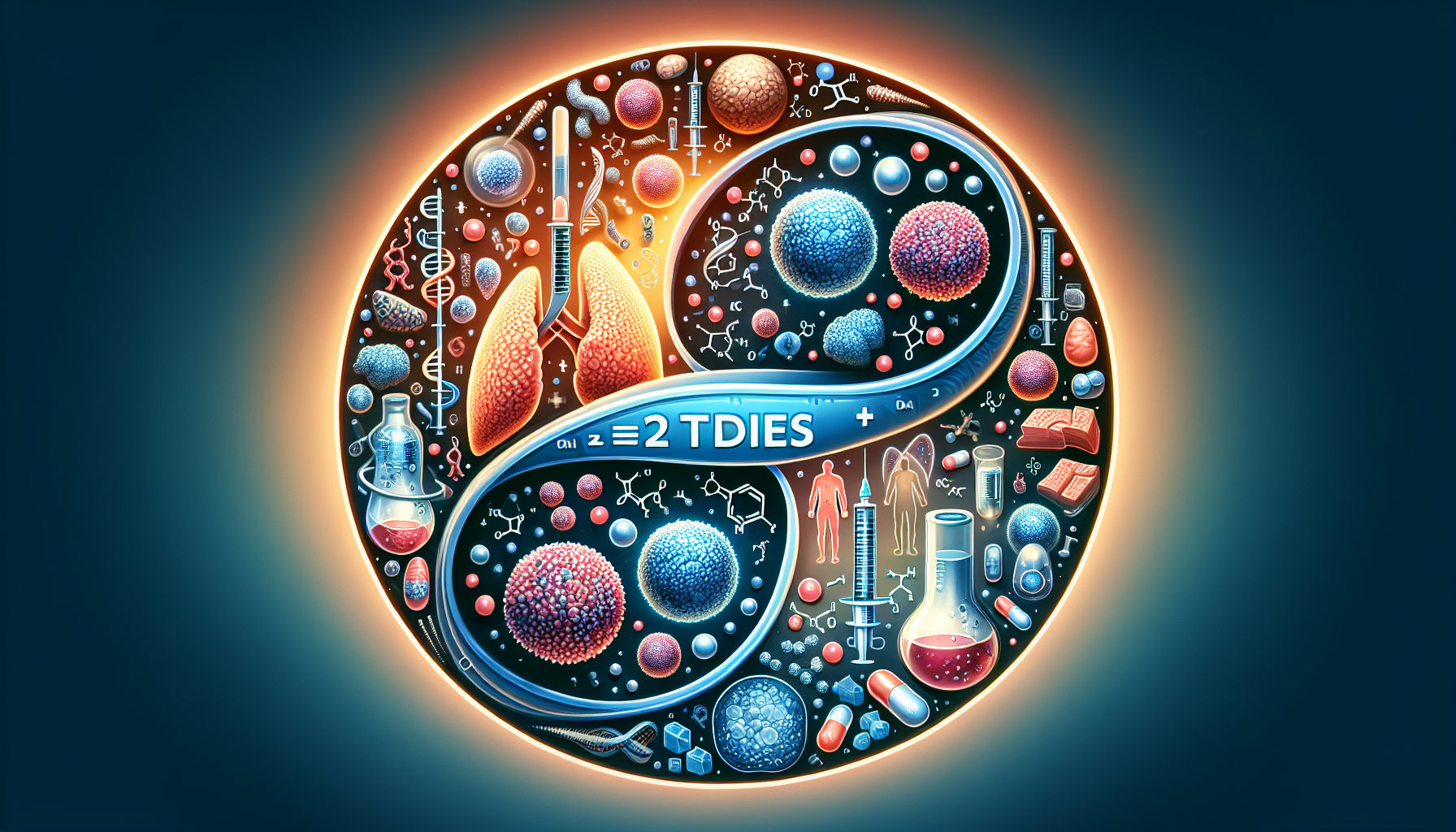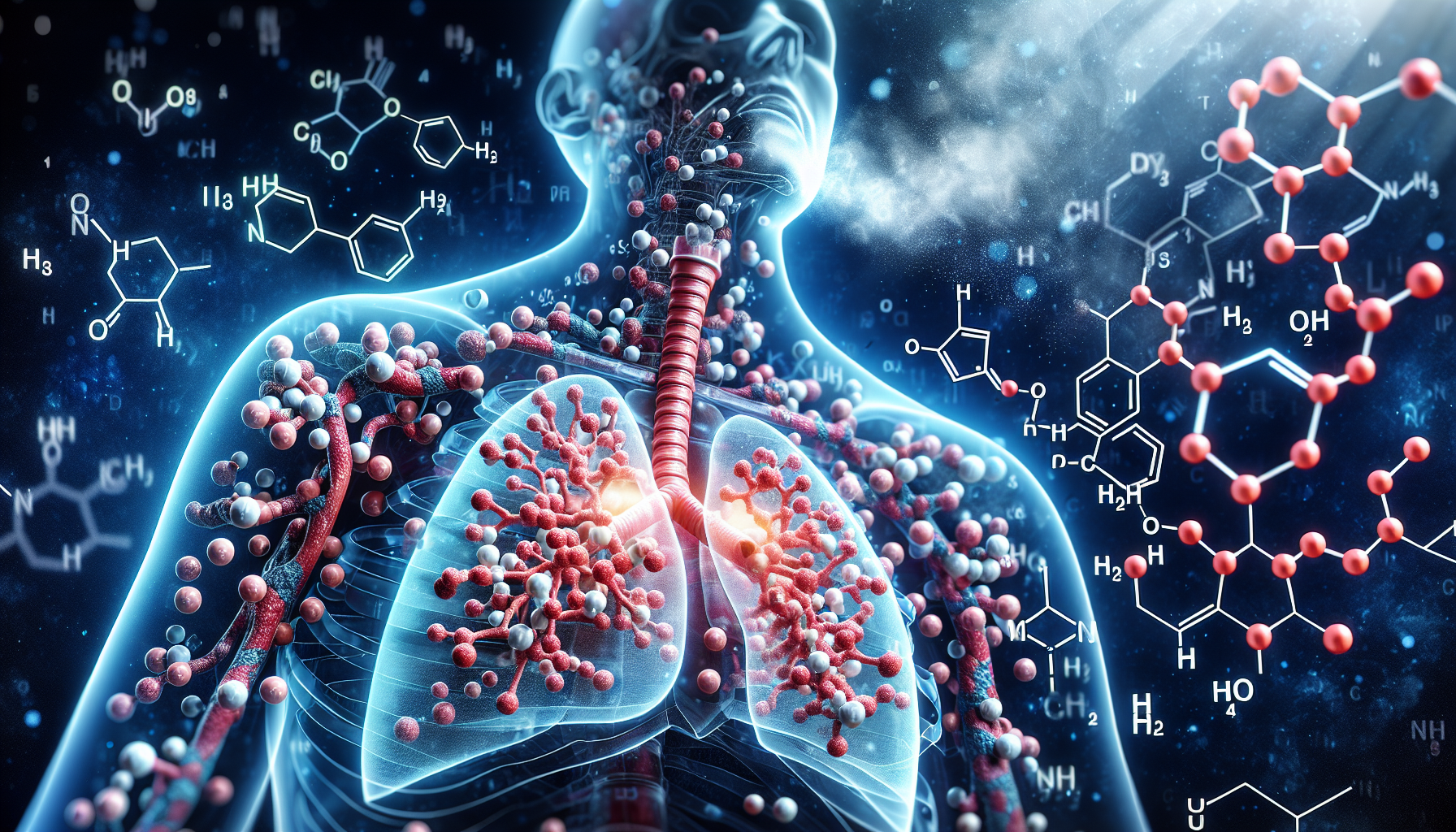Promising New Treatment for Angelman Syndrome Shows Positive Results
Key Takeaways
- The HALOS trial shows promising results for treating Angelman syndrome with ION582.
- ION582 improves cognition, motor functions, and communication in patients.
- The drug is well tolerated and has a favorable safety profile.
Did You Know?
Introduction to Angelman Syndrome
Angelman Syndrome is a rare genetic disorder that affects the nervous system, leading to severe developmental delays, cognitive impairments, and communication difficulties. Individuals with this syndrome often require lifelong care.
The HALOS Trial: A New Hope
Recent results from the phase 1/2 HALOS trial (NCT05127226) offer new hope for those with Angelman syndrome. The study investigates an experimental drug called ION582, developed by Ionis Pharmaceuticals. This drug aims to address the underlying genetic causes of the disorder.
Study Design and Phases
The HALOS trial is divided into three parts. Part 1 includes a 13-week multiple-ascending dose (MAD) treatment phase, followed by a post-MAD follow-up period lasting up to 32 weeks. Part 2 extends this treatment for an additional 12 months, while Part 3 extends the treatment up to 3 years for those who completed Part 2.
Positive Early Results
Early results are promising. The study data, available at 4 and 6 months, show that ION582 is safe and well tolerated. It improves cognitive functions, motor skills, and communication abilities in patients.
Mechanism of Action
ION582 is administered via intrathecal injection, which directly delivers the drug into the cerebrospinal fluid. The drug works by unsilencing the paternal UBE3A gene, which is otherwise inactive in individuals with Angelman syndrome. This activation helps produce the necessary UBE3A protein in the brain.
Clinical and Subjective Improvements
The trial utilized various assessment tools like Bayley-4, SAS-CGI-C scale, and the Vineland-3 and ORCA measures to evaluate patient improvements. These tools measure functioning, clinician observations, and parent-reported outcomes, and have all shown consistent positive results.
Reduction in EEG Abnormalities
In addition to these improvements, EEG tests indicated a reduction in slow wave delta activity, which is a significant finding for patients with this disorder.
Impact on Patients and Caregivers
The improvements in cognitive and motor functions translate to better quality of life for both patients and their caregivers. Most individuals with Angelman syndrome cannot speak or live independently, making these gains particularly meaningful.
Statement from Dr. Lynne Bird
Dr. Lynne Bird, a professor of clinical pediatrics at UC San Diego, stated that the therapy's consistent improvement across multiple measures could be transformative for those living with Angelman syndrome. She emphasized the importance of the drug's safety and tolerability, especially in treating children.
Future Prospects
Ionis Pharmaceuticals is committed to advancing ION582 into future studies and possibly bringing a much-needed treatment to patients and families. Detailed data will be presented at the upcoming Angelman Syndrome Foundation meeting.






